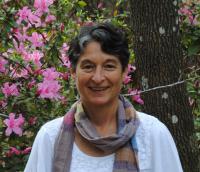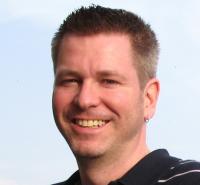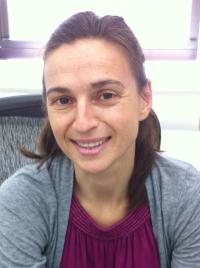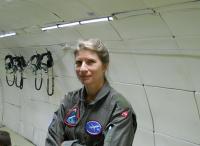Ellen E. Martin

Professor of paleoceanography and paleoclimatology, University of Florida
Ellen Martin joined the geological sciences faculty at the University of Florida in 1994 following completion of a Ph.D. at Scripps Institution of Oceanography and an NSF Postdoctoral Fellowship at U.C. Santa Cruz. Her research in paleoceanography and paleoclimatology reconstructs past ocean chemistry and continental inputs to the ocean in order to define relations between continental weathering, carbon sequestration, ocean circulation and global climate change. She conducts field work in Greenland and collaborates with the International Ocean Discovery Program, which will take her to the Baltic Sea in the winter. Martin is on the Steering Committee for the Florida Climate Institute and is a member of the University of Florida Graduate Council. She has also served as a Distinguished Lecturer for the Consortium of Ocean Leadership and was the Colonel Allan R. and Margaret G. Crow Term Professor 2002-10.
Speaking:
-
Monday, November 4th, 3:00 pm to 3:45 pm








